/comedown-crash-rebound-effect-after-drugs-4171269_final_edit1-38448d100a4b47ccb2d560d13e426a5c.png) Comedown, Crash, or Rebound Effect After Taking Drugs
Comedown, Crash, or Rebound Effect After Taking DrugsReturn, Drag or Rebound Effect of Drugs How drugs after effects worsen addictions Gans, MD is certified by the psychiatry board and is an active supervisor, professor and mentor at Massachusetts General Hospital. All right / Emily Roberts A bounce effect, an accident and a re-emergence are all the side effects of the drug that cause different symptoms. It is important to understand each condition and how each set of symptoms plays a role in addiction. The effect of rebound A bounce effect is what happens when the body tries to rebalance (a condition known as homeostasis) after a medication has been taken, creating physical symptoms that are the opposite of those caused by the medication. Understanding the bounce effect explains why certain drugs, particularly those that have a quick and intense effect on the nervous system, are very addictive. One of the ironies that the effect bounces makes the person taking the medication experience the same effects they expected to escape through. This is especially true if the person wants to stay awake or alert for longer than the effects of the stimulant or try to sleep or relax for longer than the effects of the depressive, sedative or tranquilizer. For example, when you take a , which causes relaxation and drowsiness, a bounce effect of agitation will occur after the medication is worn, which makes you want to take more of the sedative medication to calm down. This may worsen the risk of developing addiction, as people seek to recover the effects they experienced after taking the drug. Pain also intensifys during a bounce of an , such as opioid medication, or street drug, such as heroin. Pain can be physical, emotional, or a combination of both. Physical and emotional pain usually goes hand in hand, so it is easy to see how analgesic addiction develops. The arrival The "return" is the sensation of the effects of a gradually worn-out medication, after a period of intoxication. It is often described as "decrease" of "high" drug. The experience varies depending on the person, the amount of drugs taken, as well as how long and how often the person has been using the medication. If the experience of intoxication was too intense and made the person who took the medication uncomfortable, anxious or delicious, regressiveness may feel relatively pleasant, while for others, regressivity may be a disappointing sensation, indicating a return to reality and perhaps triggering more drug use. If you feel bad during a reopening, you may have medical complications in the reaction to the medication. If these persist, it is important to be evaluated for emotional or psychological symptoms, especially if they involve thoughts of hurting themselves or someone else, and, like hearing voices. Make sure you tell them what you've taken, how much and when. It is better to receive early intervention than to suffer further complications later. The Crash The "bad" is the intense exhaustion that people sometimes feel after using drugs, particularly those that are stimulating, such as cocaine, methamphetamine and even high doses of caffeine. It involves helping the body recover not only from the toxicity and effects of drugs, but also from any overexertion, sleeplessness, injury or other damage that may occur during poisoning. This accident can last much longer than the high original because the body needs more time to recover from the effects of the substance and other behaviors that may have affected the drug user, such as sleeplessness. The most intense and unpleasant fall is typically experienced by people who use crack cocaine. The medicine can be taken for several days at a time, often with increased agitation and paranoia, before experiencing a accident several days of recovery. People who break may experience the same pattern, but with less intensity than crack cocaine. Experts consider that the short, intense high along with the rapid start of the accident, which is lifted by more than the drug, to explain why nicotine and are so addictive. Retired fatigue If you stop taking drugs, you may experience withdrawal fatigue. It is the physical and emotional experience that occurs when a medication is interrupted after a period of continuous or excessive use. Regardless of the drug taken, fatigue is a symptom of the retirement mark. Even if the drug was a relaxing substance, the inability to relax and sleep will lead the person who feels more tired than usual. In fact, it may be even more difficult for someone who recovers from a sleeping sedative medication than for someone who took a stimulant, who may be able to crash for days. Research has shown that people who retire from alcohol have sleep disorders, poor sleep quality, and do not work well during the day for a month after they stop drinking. They also experience considerable psychological distress during this time. Addressing Retired Fatigue Retirement fatigue is exhausting, but people often try to follow at their usual pace. This is not a good idea, as it will take longer to restore energy and return to normal activities. Fatigue is the form of your body to make you rest and recover. Allow your body to recover by following these tips: If you don't start feeling that your energy comes back after a week or some rest, see your doctor. Many people who use alcohol and drugs often have an underlying depressive disorder or other mood disorders. Sometimes, when receiving proper treatment for depression, people find that their substance use problems improve and can stop doing so. However, some withdrawal symptoms may cause symptoms of mental illness such as , sexual difficulties, , and worse. These are known as substance-induced disorders. An addiction specialist is the best person to diagnose and treat your condition, but if you do not have access to a specialist, talk to another healthcare provider. Energy Recovery Everyone's recovery experience is different. The good news is that most people who stop using drugs and alcohol recover energy, sometimes in as little as a few weeks. Of course, the speed with which it recovers depends on many factors, such as its general health, the type of substance used, how much and how often it was using the substance. The lifestyle and emotional factors, as if you are living in a supportive environment, and if you feel safe with people around you, you can also affect your recovery. If you're not living with or close to people who support you, it will be harder to recover your energy after the use of substances. If you're in an abusive relationship, you're unlikely to feel good until you get away from the abuser. No matter how much sleep you have, living with someone who hurts you emotionally or physically is exhausting. If this is the case for you, come and find help. There are many resources available to help you and your children make a new start. In the long term, nothing will be better for your energy than a drug-free and anxiety-free lifestyle. Your local doctor or police can help you if you are living with or being controlled by someone you are in a relationship with. If you or a loved one are struggling with the use of substances or addiction, please contact 1-800-662-4357 for information on support and treatment facilities in your area. For more mental health resources, see our . Learn the best ways to manage stress and negativity in your life. Thank you, for signing. There was a mistake. Please try again. Parrott AC. Hum Psychopharmacol. 2015;30(4):213-24. doi:10.1002/hup.2468Angarita GA, Emadi N, Hodges S, Morgan PT. Addict Sci Clin Pract 2016;11(1):9. doi:10.1186/s13722-016-0056-7Gómez-coronado N, Sethi R, Bortolasci CC, Arancini L, Berk M, Dodd 2018;241:388-401. doi:10.1016/j.jad.2018.08.041Johnson K, Stewart S, Rosenfield D, Steeves D, Zvolensky M. . Psychol Addict Behav.2012;26(2):289-297.American Psychiatric Association. Diagnosis and Statistical Manual of Mental Disorders, Fifth Edition. Washington DC:2013. Thank you, for signing. There was a mistake. Please try again.
Help 24 hours Can the cocaine come down make you feel and sleep? Can cocaine make you tired and sleepy? Bedrock Center Recovery that affects your body and mind in many ways and often. It is considered a stimulant. Physically, it can work with its central nervous system to produce more energy than it is used to exercising. Mentally, it can make you feel bright, sharp and happy. But not realizing how addictive it is. The longer a person abuses cocaine, the more he risks developing serious health problems. People most commonly abuse cocaine by snoring the powdered version. It can also be smoked in the form of crack cocaine, which looks like small white rocks. Street names for drugs include round, blow, dust and coke. Does cocaine make you tired? Yes and no. Cocaine snoring will speed up your body and mind, making you feel excited and happy. Feel that you can push your physical boundaries beyond normal and want to stay awake as long as possible. However, the drug will eventually faint and "trace." That will make you tired and even sad for days. The "crash" has been described by users as intense exhaustion. It can last longer than the actual high of the drug because your body is recovering so much from the physical effort you have put through and the effects of the drug. If you're feeling choking, you should eat fresh food, including fruits and vegetables, and drink juice or water. Nutrients help recover your body. What makes cocaine particularly dangerous is that during the accident, people feel a strong desire to take the drug back in an attempt to feel better. Even if you're just trying to take coke sometimes, you can become addicted to the physical feeling you get while you're tall, or to the effects that it can have on your mind, or both. You should understand the difference between the accident and . When you stop abusing cocaine, you can feel fatigued. If that happens to you, you need to take the time to recover. Don't try anything hard, and you take free time from work or school. Your general health depends on it. Eat properly and try to restore the body clock by doing normal activities during the day and trying to sleep at night. Does cocaine make you sleep? At some point the medication will faint and you may feel drowsy. This is known as the bounce effect, when your body tries to go back to where you were before you abused the drug. In addition to greater sleepiness, you may also feel anger, paranoia and depression, among many other symptoms. Your body's been through a lot when you abuse the coke. The body will often create symptoms opposed to those created by cocaine. That can lead to addiction because it will feel tempted to snoring more coke so that it can feel its effects again. You might also feel tired after cocaine use if you use it while drinking alcohol or taking other illegal drugs, including opioids. This is dangerous and can lead to serious physical harm or even death. If you feel drowsy after using coca or after mixing it with other substances, including alcohol, you should look for medical treatment. Does Crack make you tired? Yeah, when their effects go off. Arched cocaine is usually smoked and often contains impurities. It looks like small rocks and comes in various colors. Crack works faster than powdered cocaine and leaves your body faster. It can be much more addictive than powdered cocaine due to those high shorts and intense, which are then followed by the accident. Crack users often abuse the drug for long periods of time, leading to paranoia, agitation and other behaviors that may cause others to suspect that they are taking drugs. Once the medication is exhausted, users can crash for several days during recovery. Crack makes you sleep? People often don't eat or sleep properly while they're high in crack. Your heart races, your muscles can spasm and may even have seizures. As with the use of powdered cocaine, the high will wear off and feel drowsy as the body tries to bounce where it was before. You may also feel drowsy if you mix other substances with crack cocaine, such as alcohol or opioids. Mixing crack cocaine with other drugs can be extremely dangerous and even fatal. If you feel you need, look for medical treatment immediately. The first step is to commit to stop abusing drugs. Call today to discuss the treatment method that is best for your situation. Sources Call us today for a confidential assessment or fill out the form below 1 Meadowbrook Way Canton, MA 02021-2496 Bedrock Recovery Center implements an individualized approach that addresses the underlying causes of addiction by first placing our patients. Located near the historic Boston metropolitan area in Massachusetts, our mission is to help people who are looking for substance abuse treatment from around the country.©2020, Bedrock Recovery Center -All rights reserved

Cocaine on a high, ecstasy on a comedown: Australia's new drug survey report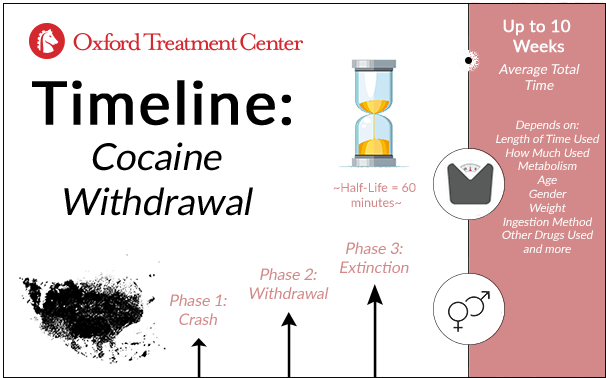
How Long Does Cocaine Withdrawal Last? - Oxford Treatment Center
Cocaine or Ecstasy:What Comedown Is Worse?/cocaine-high-012-5a59243f7bb28300378bc666.jpg)
Understanding the Feelings of a Cocaine High/harm-reduction-tips-for-cocaine-users-21993-5a22359c41b244c1baea99ebfa8a9967.png)
Harm Reduction Strategies When Using Cocaine
Cocaine Withdrawal - Symptoms, Timeline & Treatment
Cocaine Withdrawal Symptoms & Timeline | The Recovery Village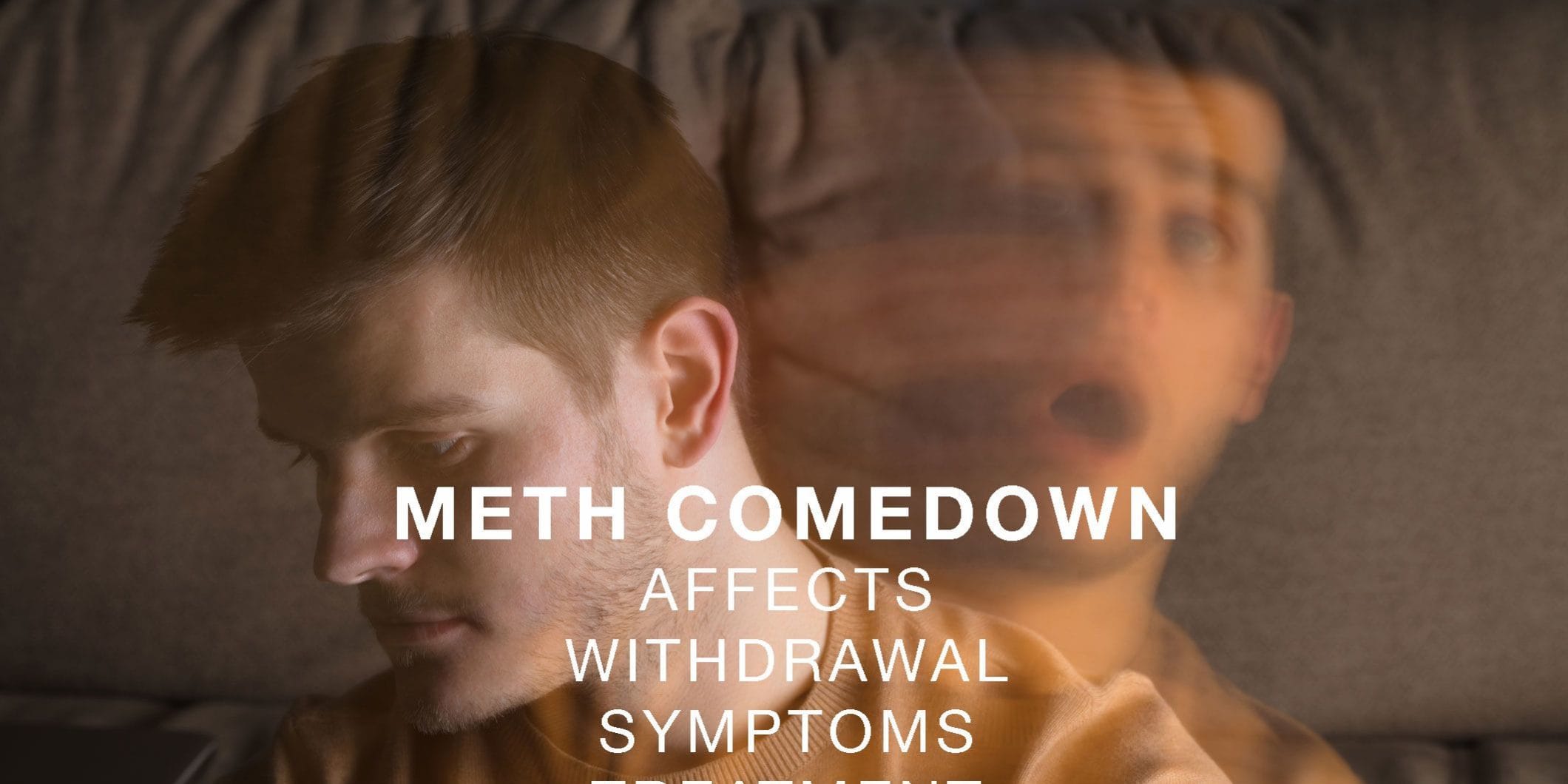
Meth Comedown Withdrawal Symptoms and Treatment |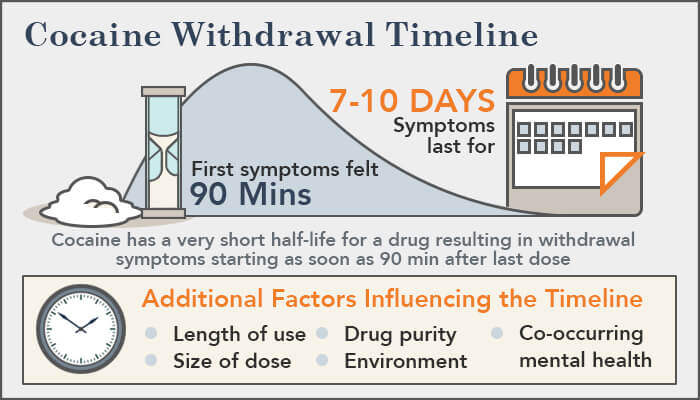
Cocaine Withdrawal - Symptoms, Timeline & Treatment
The Difference Between Crack and Cocaine - Agape Treatment Center:max_bytes(150000):strip_icc()/what-to-expect-from-heroin-withdrawal-22049-5c54d1fa46e0fb00013a225f.png)
Heroin Withdrawal: Symptoms, Timeline, & Treatment
Cocaine: Factsheet - Positive Choices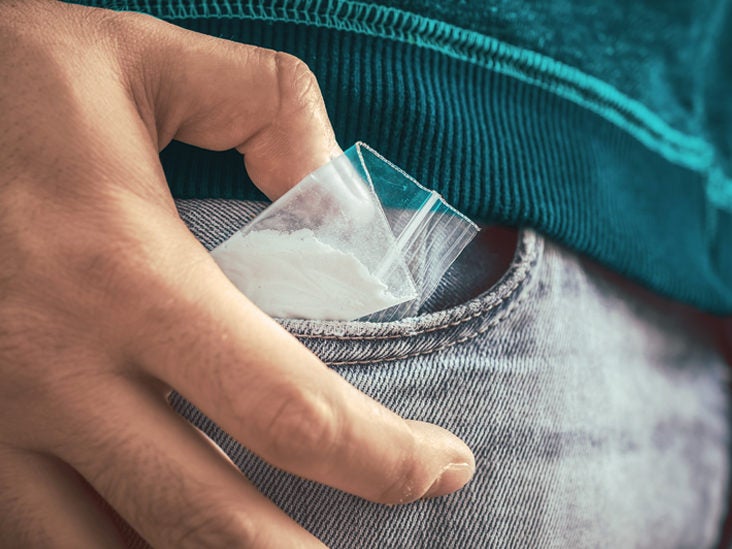
Cocaine: Effects, Mixing With Alcohol, Addiction, and More/80255-article-ecstasy-stay-in-your-system-0f507d5c6602433eaa567daa3fce8e9b.png)
How Long Does MDMA (Ecstasy) Stay in Your System?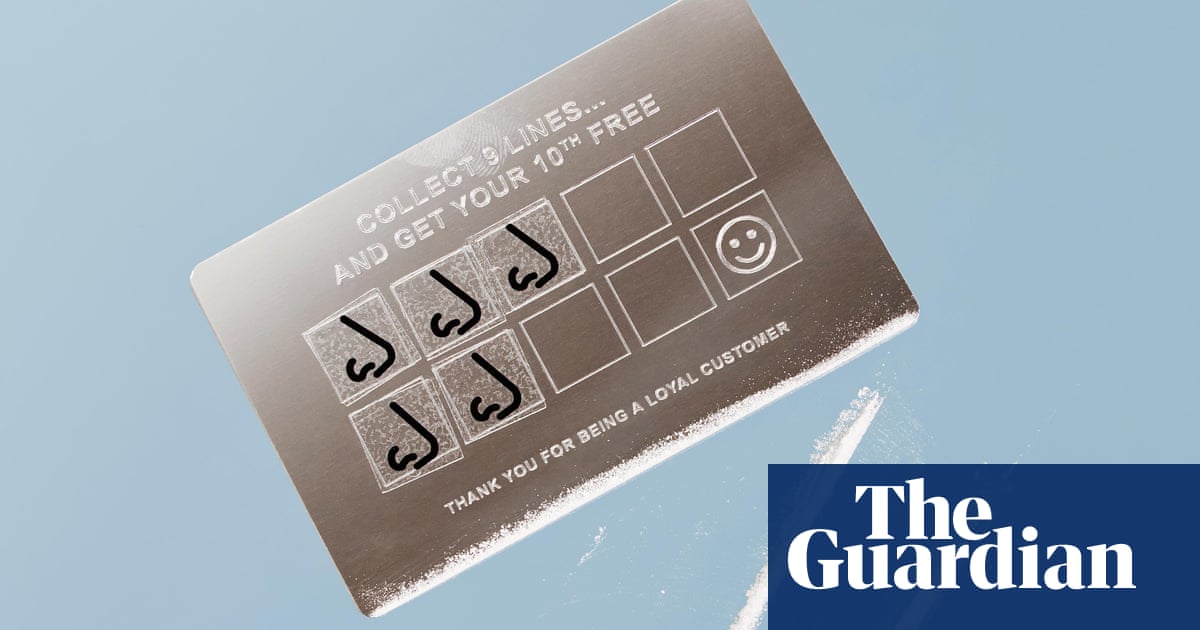
My secret life as a high-functioning drug user | Drugs | The Guardian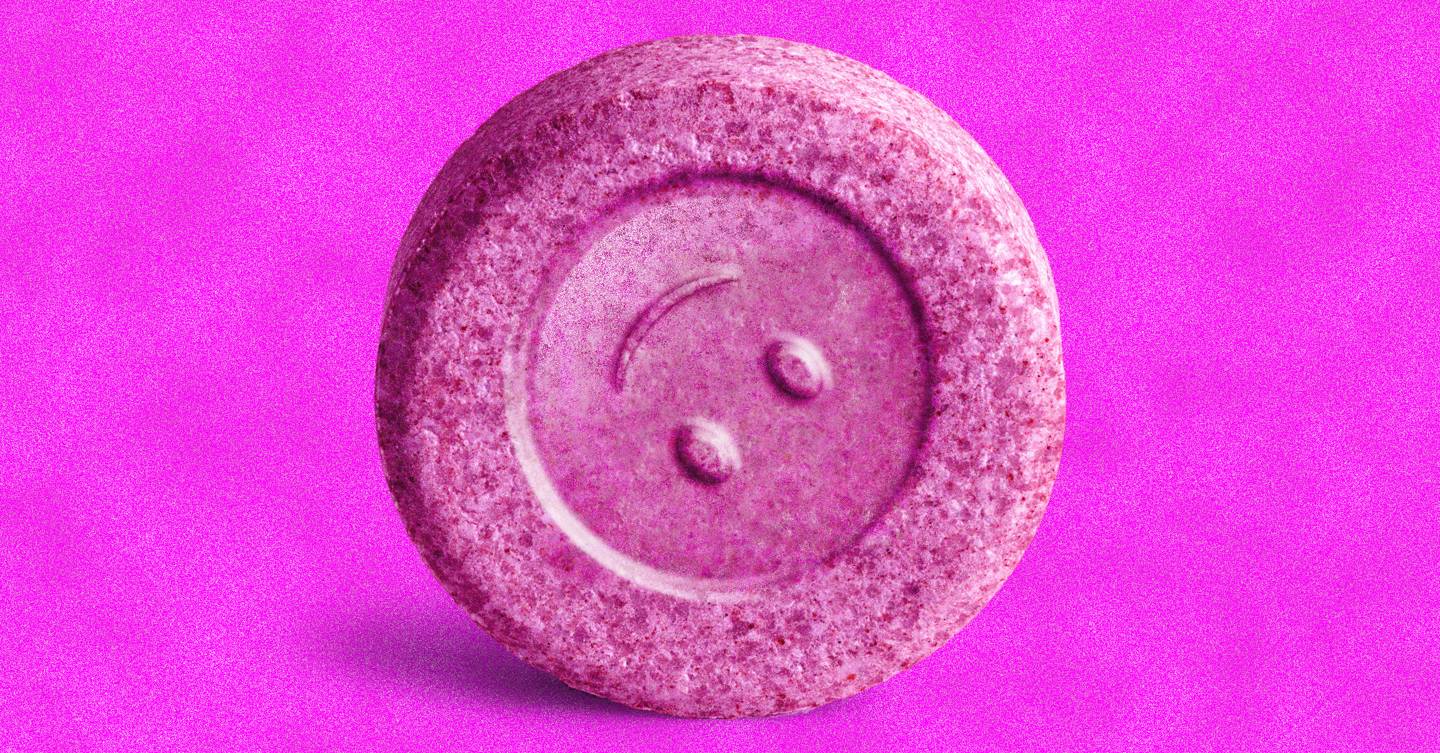
These pills are meant to cure your comedown. Science begs to differ | WIRED UK![The comedown is horrible]()
The comedown is horrible": The common cocaine cocktail destroying lives - Manchester Evening News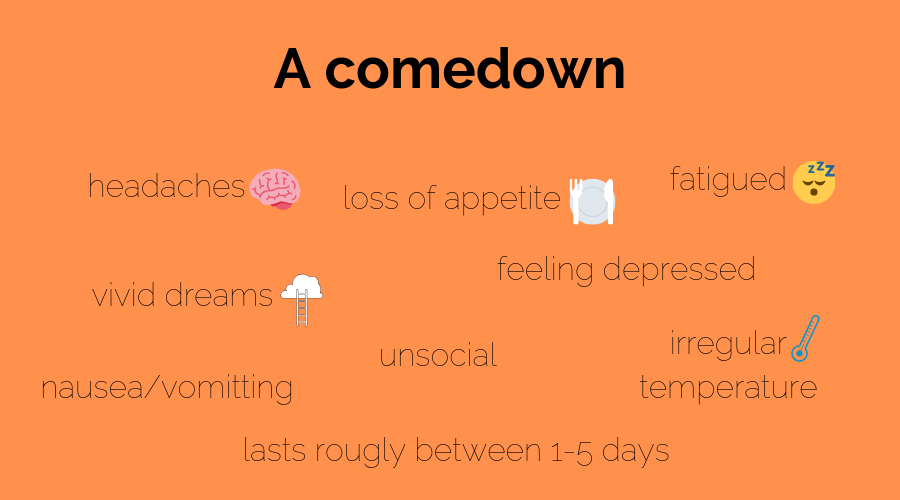
Copy of Effects of cocaine – DutchReview
Cocaine | TalkingDrugs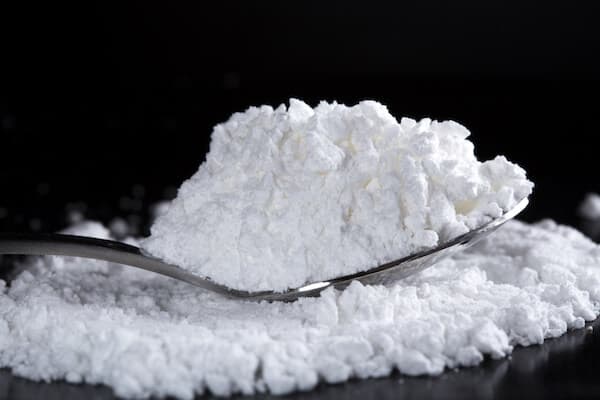
Cocaine or Ecstasy:What Comedown Is Worse?
How To Deal With A Cocaine Comedown/Withdrawal
How Long Does a Cocaine High Last? What to Expect
Intake and ComeDown of a Stage 1 individual with potent cocaine (see... | Download Scientific Diagram![Coke Comedown [Explicit] by Chris Crack on Amazon Music - Amazon.com Coke Comedown [Explicit] by Chris Crack on Amazon Music - Amazon.com](https://images-na.ssl-images-amazon.com/images/I/61gq3xauMoL._SY445_SX342_QL70_ML2_.jpg)
Coke Comedown [Explicit] by Chris Crack on Amazon Music - Amazon.com
Decline Watch: New York's cocaine comedown – Foreign Policy/what-to-expect-from-heroin-withdrawal-22049-5c54d1fa46e0fb00013a225f.png)
Heroin Withdrawal: Symptoms, Timeline, & Treatment![The comedown is horrible]()
The comedown is horrible": The common cocaine cocktail destroying lives - Manchester Evening News
What happens when I take cocaine or crack? - SpunOut.ie - Ireland's Youth Information Website
What to Do During Cocaine Hangover (Ease the Symptoms) | DHG
The Difference Between Crack and Cocaine - Agape Treatment Center
Crystal Meth Withdrawal: Symptoms & Detox Assistance
Cocaine - Wikipedia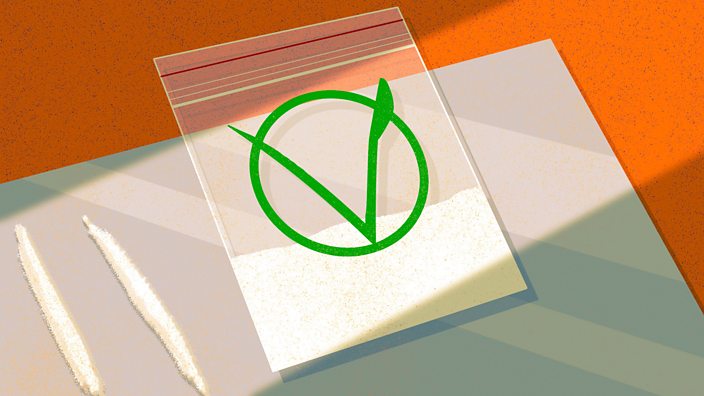
Is coke vegan? And other urban drug myths busted - BBC Three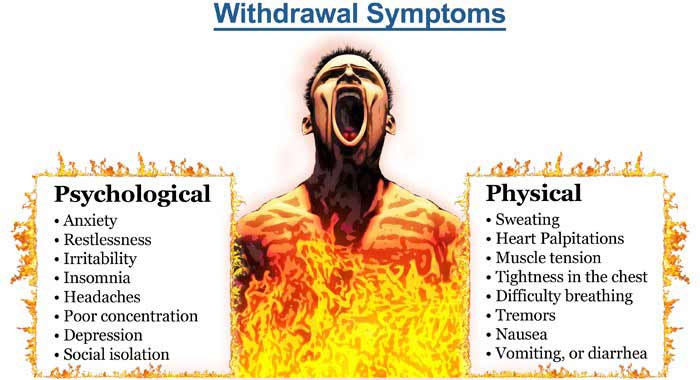
Crack cocaine addiction, information about the drug and it's abuse
This Novel Opens With a Suicide and a Suitcase of Cash. Then Things Get Really Interesting. - The New York Times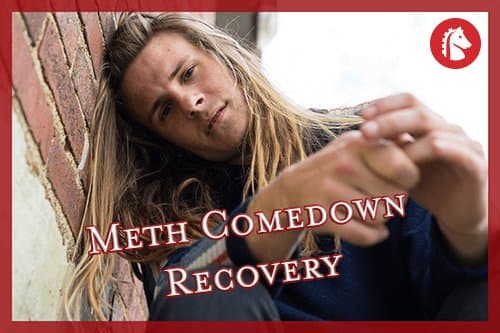
Meth Comedown: Tips to Faster Recovery - Oxford Treatment Center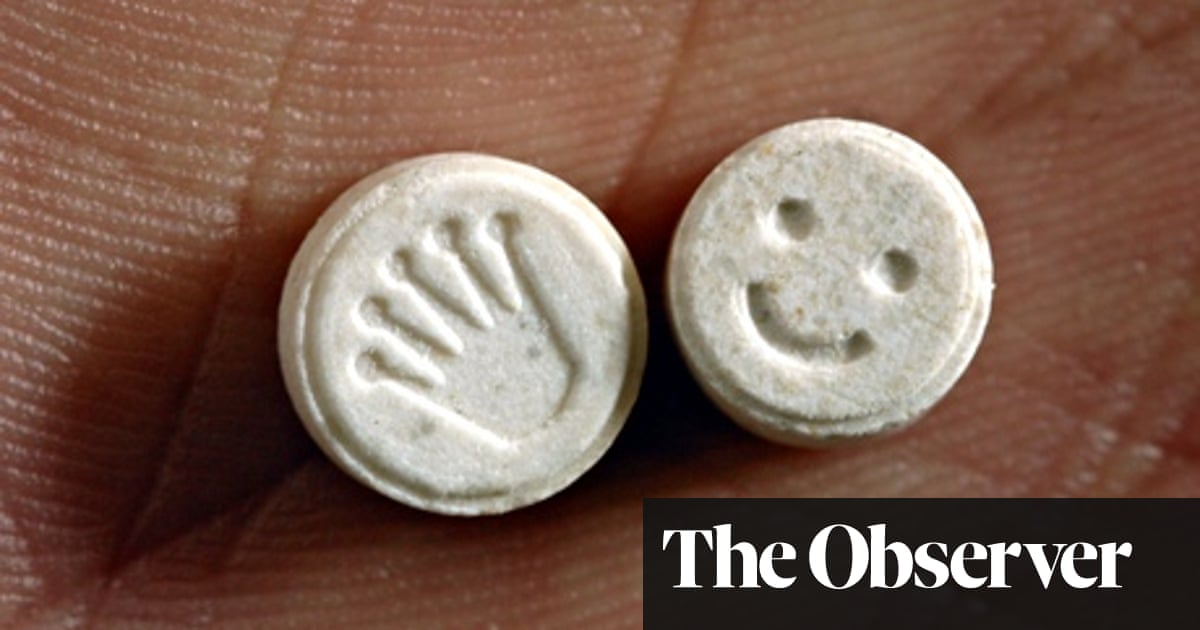
I like the way MDMA gives you a deep sense of connection to your friends' | Society | The Guardian
Coca-Cola India to go on a product blitzkrieg; eyes dairy segment
How Long Does a Cocaine High Last? What to Expect
/comedown-crash-rebound-effect-after-drugs-4171269_final_edit1-38448d100a4b47ccb2d560d13e426a5c.png) Comedown, Crash, or Rebound Effect After Taking Drugs
Comedown, Crash, or Rebound Effect After Taking Drugs


/cocaine-high-012-5a59243f7bb28300378bc666.jpg)
/harm-reduction-tips-for-cocaine-users-21993-5a22359c41b244c1baea99ebfa8a9967.png)





:max_bytes(150000):strip_icc()/what-to-expect-from-heroin-withdrawal-22049-5c54d1fa46e0fb00013a225f.png)


/80255-article-ecstasy-stay-in-your-system-0f507d5c6602433eaa567daa3fce8e9b.png)







![Coke Comedown [Explicit] by Chris Crack on Amazon Music - Amazon.com Coke Comedown [Explicit] by Chris Crack on Amazon Music - Amazon.com](https://images-na.ssl-images-amazon.com/images/I/61gq3xauMoL._SY445_SX342_QL70_ML2_.jpg)

/what-to-expect-from-heroin-withdrawal-22049-5c54d1fa46e0fb00013a225f.png)












Posting Komentar untuk "how long does a coke comedown last"